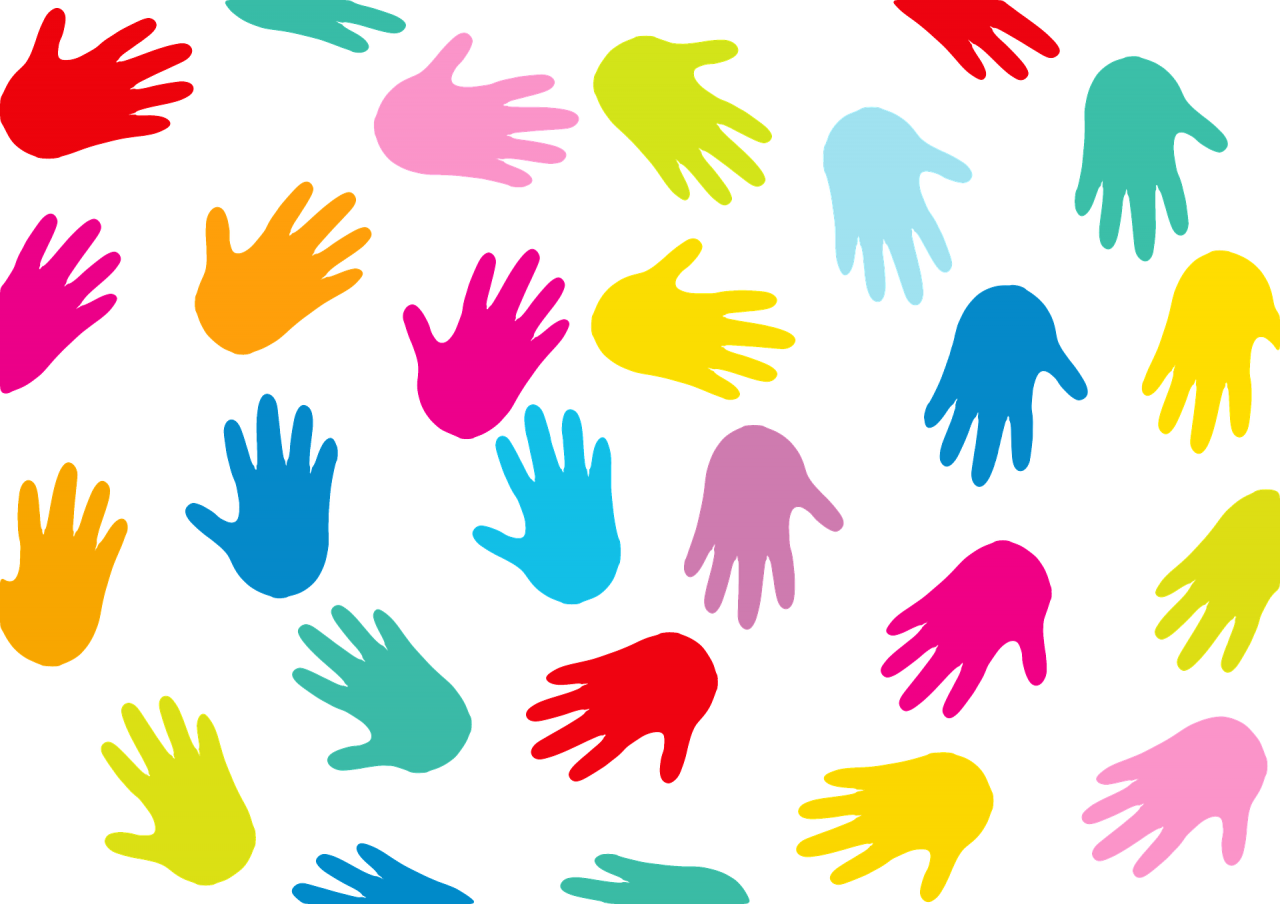I have just relocated to the Bronx in New York. Originating from the UK I moved from my home in Manchester to London and later to East Asia - Hong Kong and Singapore. At 29 I asked myself what are my true passions within medicine. Apart from my clinical interest in gastroenterology, my second is medical education and my third culture. I find culture fascinating and despite the broadness of the term, in my view it is the basis of why people are who they are and why things are done the way they are. Often we as clinicians may ignore the value of culture in how we deliver care and also in how we teach.
When I moved to Asia I took my Western (UK) based approaches with me. Safe to say it didn’t quite go to plan. Whilst there is notable globalization occurring in Asia its basis is of course still culturally Asian. And not in a bad way I might add. Whilst I was in the UK we were taught to be interactive and to question our teachers, now facilitators. But in Asia this could be seen in a negative light. I first noted my students would rarely question me. Whilst I pushed for debate and interaction it rarely happened. I was initially frustrated. But frustrations often occur based on what we don’t understand. One learner eventually informed me that in Asia, a teacher or educator is an expert. And that they would never question such authority. Of course, I don’t view myself as an expert - far from it. But that interaction resonated with me. I began to understand their appreciation for their mentors, and that by demonstrating such respect the relationship between master and mentee was a special one. I myself made notable errors during my time. I questioned and debated with my mentor initially - a fault of not knowing the cultural system in essence. But later I understood the value of their approach. I learned focus and dedication as well as respect for seniors. After all, mentors spend valuable time training their mentees to become more knowledgeable and skillful, often during already pressed schedules of their own. In the West we often take this for granted and view the interplay between teacher and learner as equals.
I am now two weeks into my New York experience and it is fascinating to see the stark differences that exist even from the UK. In NY anything goes and debate and interaction are encouraged. Students are encouraged to express their views and concerns in the hope for continuous monitoring of the training system. It is fun to watch that’s for sure! In the UK our slightly reserved culture hinders us in many ways from doing so.
I am sure I will note more additions during my time here. For one the cultural mix in the Bronx is as diverse as ever. Whilst movements in medical education are fast paced in terms of teaching and assessment, I feel we often ignore the aspect of culture. And now that the world is so connected with movements from East to West and vice versa we should spend more time debating this area in the hope to better understand our learners and their needs.
So over to you... is culture important in medical education? I’m only n=1 here so it would be great to hear your insights.
Neel Sharma

